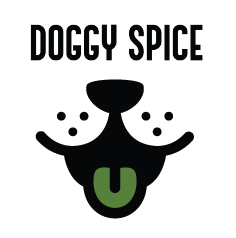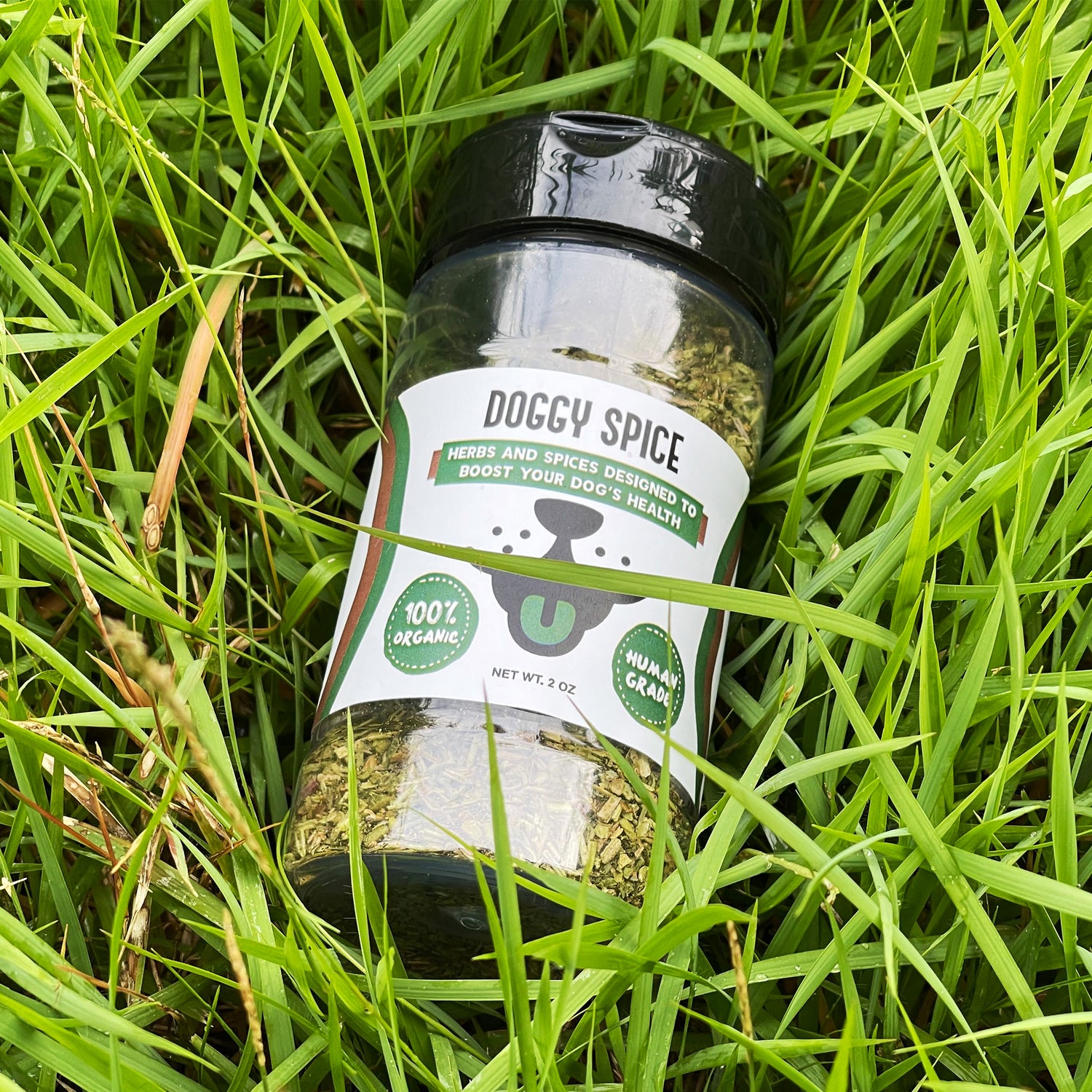
Why Does My Dog Lick Everything? Causes and Solutions 🐶
Share
Introduction
If your dog seems to lick everything in sight—from the floor and furniture to their paws and even the air—you’re not alone! Dogs explore the world with their mouths, and licking can be a normal, even comforting behavior for them. But when licking becomes excessive, it may be a sign of something more serious. 🐶💧
This blog dives into the potential causes behind excessive licking and offers solutions for managing it effectively. With a bit of insight, you can help your dog find healthier ways to express themselves and feel more at ease.
Common Causes of Excessive Licking in Dogs 🐶
There are a variety of reasons why dogs engage in licking, some instinctual and others driven by external factors:
➡️ Instinctual Behavior
- show affection
- build social bonds
- communicate with humans and other animals
➡️ Exploration
Dogs experience the world around them primarily through their noses and mouths. Just as they sniff everything, licking helps them gain sensory information, especially if they’re in a new place or encountering unfamiliar objects. Licking is like “tasting” their environment, providing dogs with information on textures, smells, and more. 🌍👅
➡️ Stress and Anxiety
- left alone
- encounter new situations
- feel unsure
Medical Reasons Behind Licking
Excessive licking can sometimes be a sign of underlying health issues, so it’s essential to consider possible medical causes:
❗️Allergies
❗️Skin Conditions
Skin problems like hot spots, rashes, and fungal infections can cause excessive licking. Dogs with dry skin or irritation may lick as a way to soothe the affected areas. Left untreated, this can lead to further skin issues or secondary infections, making it essential to address any visible signs of irritation. 🌡️🩹
❗️Underlying Health Issues
Occasionally, other health concerns such as gastrointestinal discomfort, dental issues, or joint pain can result in licking. Dogs may lick the air, their lips, or even the floor to signal they’re in pain or discomfort, particularly if these behaviors are frequent or intense. 🩺🐾
Solutions for Managing Licking Behavior
If you’ve identified excessive licking in your dog, there are steps you can take to address it:
👍 Behavioral Training
👍 Consulting a Veterinarian
If excessive licking persists or causes discomfort, a vet visit may be needed. Vets can help rule out health issues like allergies, skin infections, or even underlying pain. From there, they may suggest medications or behavioral interventions to manage licking. 🐾💉
👍 Providing Distractions
Keeping your dog entertained can help prevent boredom or anxiety-driven licking. Toys, especially puzzle toys or chews, can effectively engage their minds and satisfy their urge to lick in a healthier way. Rotating toys or offering special treats can help keep their interest and reduce licking. 🧩🐶
Natural Remedies to Help Reduce Licking
Dietary Adjustments 🥦🍗
A healthy diet can often support skin health and reduce potential allergens. Speak to your vet about a diet that suits your dog’s specific needs, particularly if they have a history of food allergies or sensitivities.
Herbal Supplements for Stress Relief 🌿💤
Herbs like chamomile, valerian root, and certain calming blends made for pets can help dogs manage anxiety. Remember to consult a vet before trying any new supplements, especially if your dog is on other medications or has pre-existing health conditions.
Environmental Enrichment and Daily Routine Adjustments
Enriching a dog’s environment can be highly beneficial in managing licking behavior:
🏃♀️Exercise and Outdoor Time
Daily exercise helps dogs burn off energy and lowers stress levels. Walks, play sessions, or trips to new environments can provide mental stimulation and tire out dogs, reducing the likelihood of stress-induced licking. 🐕🚶♂️
📅 Routine and Structure
Dogs find comfort in routine. Establishing regular times for meals, play, and rest can help reduce anxiety and make dogs feel secure. Routine provides predictability, lowering stress and minimizing behaviors like licking that arise from boredom or anxiety.
Recognizing When to Seek Help
🩺 Veterinarian Consultation
If licking is persistent and leads to raw patches or frequent digestive upset, consulting with a vet is vital. They can recommend treatments tailored to your dog’s condition, including medications or topical treatments for skin issues. 🩺🔍
👩🏫 Dog Behaviorist Assistance
In cases of compulsive licking resistant to home interventions, a certified dog behaviorist may be able to help. They can provide training techniques and coping mechanisms tailored to your dog’s needs, improving behavior and reducing anxiety-driven licking. 🐕🦺🧠
Dog Licking Frequently Asked Questions (FAQ)
Why does my dog lick their paws excessively❓
Allergies, dry skin, and even boredom can lead to paw licking. Identifying the trigger is essential for treatment.
Can licking be a sign of anxiety❓
Yes, licking can indicate stress or anxiety, especially if it becomes repetitive or focused on one area.
How can I tell if my dog is in pain❓
Signs of pain include changes in behavior, loss of appetite, reluctance to walk, and signs of stress, like panting or excessive licking.
Are there specific breeds that lick more❓
Certain breeds, particularly those prone to anxiety or with high energy levels, may exhibit more licking behavior.
What should I do if my dog’s licking becomes obsessive❓
Consult your vet to rule out medical causes first, then consider a behaviorist to address potential anxiety or compulsive behaviors.
Top Herbs and Spices to Keep Your Dog Healthy All Year 🌿
- Cleavers (Galium Aparine) - Supports lymphatic health
- Rosemary- Antioxidant-rich
- Dandelion Greens - Provides vitamins A, C, and K
- Basil - Calming properties
- Peppermint - Aids digestion
- Celery Seeds - Anti-inflammatory benefits
- Dill - Rich in antioxidants
- Oregano - Immune-supporting
- Parsley - Supports fresh breath
- Thyme - Immune booster
- Ginger - Soothes stomachs
- Tumeric - Anti-inflammatory properties
These herbs and spices can easily be incorporated into your dog’s meals with Doggy Spice to promote overall well-being. 🌱
Conclusion
Excessive licking in dogs can stem from various causes, from natural instincts to underlying health issues. By observing your dog’s behavior and implementing some of these solutions, you can help manage and reduce excessive licking, ensuring a healthier and happier life for your furry friend. 🐾💖
If you’re ever in doubt, consult a veterinarian or a professional behaviorist to provide the best care for your dog.
References
AKC Staff. “Why Do Dogs Lick People?” American Kennel Club. Accessed [Date]. https://www.akc.org/expert-advice/advice/why-do-dogs-lick-people/
PetMD Editorial. “Excessive Licking in Dogs: Causes and Solutions.” PetMD. Accessed [Date]. https://www.petmd.com/dog/behavior/excessive-licking-dogs
VCA Animal Hospitals Staff. “Understanding and Reducing Anxiety in Dogs.” VCA Animal Hospitals. Accessed [Date]. https://vcahospitals.com/know-your-pet/dog-behavior-anxiety
ASPCA Staff. “Dog Behavior Problems – Compulsive Licking, Licking, and Chewing.” American Society for the Prevention of Cruelty to Animals (ASPCA). Accessed [Date]. https://www.aspca.org/pet-care/dog-care/common-dog-behavior-issues/compulsive-licking-chewing-and-scratching
Griffin, Craig E., and Karen A. Moriello. “Pruritus in Small Animals.” Merck Veterinary Manual. Accessed [Date]. https://www.merckvetmanual.com/integumentary-system/dermatologic-diseases-of-dogs-and-cats/pruritus-in-small-animals
Beerda, B., et al. “Behavioral and Hormonal Indicators of Chronic Stress in Dogs.” Journal of Veterinary Behavior, vol. 69, 1997, pp. 289-301.

